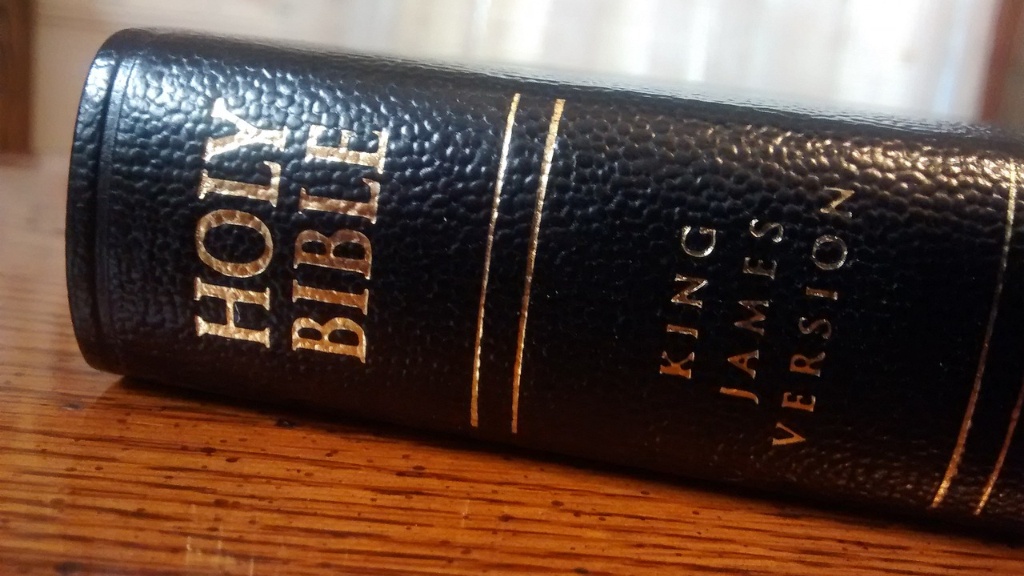Discovered in the Himalayas, Spikenard is a highly prized and renowned fragrant oil for centuries. Featured in the Bible, the oil has been considered to be the ‘King of Oils’ due to its effectiveness in relieving ailments, its chemical constituents and aromatic profile.
First mentioned in the Bible in the Song of Solomon, Spikenard was given by King Solomon to the Shulamite maiden as an earned anointing oil. Spikenard would have been very costly, since it is rarely found and not easily procured even in ancient times. Furthermore, its unusual exotic aroma was probably an indication of its own uniqueness and value.
In ancient times, Spikenard was used by the Ancient Hebrews to anoint their dead prior to burial. This was probably due to its ability to preserve the body and keep it from smelling. In Exodus 30:34, we see Spikenard being used in the Holy temple, with the priest smearing it on the horns of the golden altar of incense.
The plant from which Spikenard is derived is Nardostachys Jatamansi, which is a small flowering herb that grows to a height of about two feet. It has white flowers with a yellowish hue and has a very pungent, woody, spicy aroma. The oil is distilled from the root of the plant and contains a mixture of compounds including sesquiterpenes, sesquiterpenols, and oxides.
Due to its potent aroma, Spikenard has been used for centuries to help balance and soothe the mind and body. It has a calming and sedative effect on the body and is said to be useful for treating stress, exhaustion and mental fatigue. Spikenard has also been used to treat skin conditions, such as eczema and psoriasis, as well as joint and muscular aches and pains.
Spikenard oil is a popular ingredient in personal care products such as soaps, bath oils, body lotions, and skin creams. It is also used in perfumes, incense, and aromatherapy, as it has a pleasant and calming aroma. Research has shown that it has a calming effect on the body, relieving anxiety and depression, as well as reducing fatigue and insomnia.
Today, Spikenard is still considered to be one of the most valuable oils, and its Biblical roots make it even more valuable in many people’s eyes. Not only is it a powerful oil with a number of therapeutic benefits, but its rich history is one that is both spiritually and culturally significant.
Traditional Uses of Spikenard
Spikenard has been valued for centuries for its healing properties and its unique fragrance. In traditional Indian medicine, it was typically used as a sedative, digestive aid, tonic, and aphrodisiac. The essential oil was applied topically, or taken orally, and was said to reduce pain, swelling, and inflammation. It was also thought to be beneficial for certain mental and spiritual ailments, such as depression and anxiety.
In traditional Chinese medicine, Spikenard was used to treat blood disorders, as well as stomach and abdominal issues. It was also believed to enhance mental clarity and memory, and to improve overall energy levels. As an herbal remedy, Spikenard was also prescribed as a tonic and anti-spasmodic and was used to treat a variety of skin complaints, such as acne, boils, and rashes.
In the past, Spikenard was also used cosmetically, with its oil being used as a perfume and to make soap. In addition to its therapeutic benefits, its characteristic nutty, sweet aroma was said to bring about feelings of contentment and emotional security. In modern times, Spikenard is still used in many products such as soaps, lotions, and facial creams.
Spikenard was also used in the ancient wickless heaters, known as censers, which were used in the Old Testament times to burn incense. The smoke from these censers was said to have therapeutic properties, and to be beneficial in treating a number of ailments. Spikenard is still used in this form of traditional medicine, as well as in candle making, potpourri, aromatherapy, and massage.
Modern Day Uses of Spikenard
Modern day research has shown that Spikenard oil has a number of therapeutic applications and benefits. Studies have shown that it can help to improve circulation and reduce inflammation, as well as improve the skin’s elasticity and reduce wrinkles. It can also be used to treat a range of ailments, from headaches and skin rashes to menstrual cramps and digestive issues.
Spikenard oil is a popular ingredient in many personal care products, such as soaps, lotions, and body creams. It is said to help to soothe and nourish the skin, and can also be used to treat acne, eczema, and psoriasis. Spikenard is often used in combination with other essential oils to help improve overall skin health and to reduce the appearance of fine lines and wrinkles.
Spikenard is used in aromatherapy due to its calming and energizing effects. Its soothing scent can help to reduce stress and anxiety, as well as improve mental clarity and concentration. It can also help to ease the symptoms of insomnia, helping people to relax and get a better night’s sleep. Spikenard oil can also be used in massage to help reduce pain and tension, as well as to improve circulation.
Spikenard oil has also been shown to have a number of medicinal benefits, including as an antispasmodic and an anti-inflammatory. It can also be used to treat digestive issues, such as irritable bowel syndrome, and is said to boost the immune system. Other potential uses include as a diuretic and as a bacteria fighting agent. Spikenard oil can also be taken as a supplement to treat a range of ailments.
Spikenard in the Bible
Spikenard is often mentioned in the Bible, and appears primarily in the Song of Solomon. It is said to have been given to the Shulamite maiden by King Solomon, as an earned anointing oil. In the book of Exodus, Spikenard is mentioned again when God commands the priests to anoint the golden altar of incense with the oil. In these passages, Spikenard is seen as a rare and valuable oil, prompting many people to associate it with spiritual healing and inner peace.
In modern times, many people still associate Spikenard with God and his qualities of mercy and humility. The oil has also been said to bring balance, grounding and peace to people, making it a suitable choice for those seeking spiritual connection. Spikenard oil is often used in religious ceremonies and rituals, as it is said to bring about a deeper spiritual understanding and connection with God.
Spikenard is also an important symbol in the Bible, being used to remind us of the true power of God. Throughout the Bible, it is seen as a sign of spiritual awakening, as well as a reminder of the healing power of love and faith. In a broader sense, Spikenard is a symbol of hope, as it is often seen as a way for us to connect with the Divine. And just as in the Song of Solomon, it is a reminder that good things come to those who work hard, remember their faith, and trust in God.
History and Significance of Spikenard
The history of Spikenard is intertwined with its spiritual significance. In the Old Testament, it is said to have been highly valued for its healing, medicinal, and perfumery properties. And in modern times, Spikenard is still held in high regard for its therapeutic benefits as well as its spiritual significance.
In ancient times, Spikenard was seen as a symbol of wealth and power, and it was often given as a gift to mark special events. In the modern era, the most common use is as a fragrant oil, with its sweet and nutty aroma often being used to help people relax and unwind.
Spikenard is a highly sought after oil and its popularity is likely to continue. With its potent aroma and therapeutic benefits, as well as its spiritual significance, it is no surprise that Spikenard remains valued and prized by many.
Where to Buy Spikenard
Spikenard can be purchased from many health food stores and online retailers. It is important to buy from reputable sources in order to ensure that you are getting the highest quality and most authentic product. Many sellers offer pure essential oils and pre-mixed blends, and these can be purchased in various forms, such as creams and lotions, soaps, oils, and massage oils.
Spikenard oil can also be extracted from the plant’s root, but this is a time-consuming process, and it is difficult to obtain the oil in pure form. Extracting the oil yourself can also be dangerous, so it is best to buy the oil from reputable outlets.
Spikenard can be used in many different ways, and it is a highly versatile oil with a number of uses. Whether you are looking to relax and unwind or to treat an ailment, Spikenard could be the perfect choice. Its unique and unmistakable aroma, coupled with its therapeutic benefits, make it a popular choice for many.





